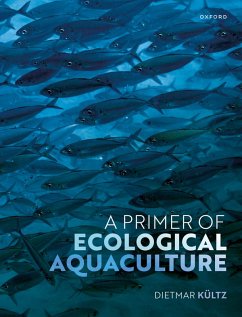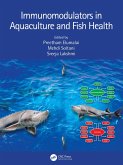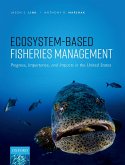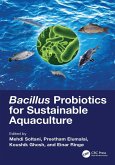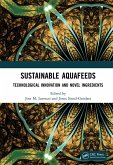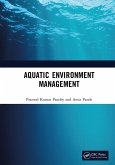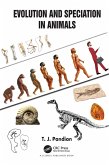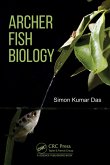Aquaculture exemplifies the ongoing global struggle to strike a sustainable balance between the conflicting needs of a rapidly increasing world population, human health, ecosystem health, the welfare of wild and domesticated animals, and the economic principles of globalized economies. On the one hand, aquaculture has great potential for providing us with a healthy and nutritious food supply whilst alleviating pressure on captive fisheries and reducing fisheries-induced habitat destruction, overfishing, genetic modification of wild populations, and wholesale waste of bycatch. On the other hand, aquaculture relies heavily on clean water, an increasingly precious (and dwindling) resource that is subject to intense pressure of being used for many competing objectives. This concise primer introduces students to the basic concepts, opportunities, and challenges of aquaculture with an emphasis on ecological considerations. It provides a critical assessment of current aquaculture practices from a broad, interdisciplinary perspective and from the standpoint of how best to align the two major (and often conflicting) goals of future aquaculture development: minimizing reliance on ecosystem services whilst maximizing productivity. A Primer of Ecological Aquaculture provides an accessible and authoritative overview for a wide range of undergraduate majors ranging from biology, engineering, and environmental policy to business and management. It will also appeal to a more general academic audience who wish to gain a current overview of the field.
Dieser Download kann aus rechtlichen Gründen nur mit Rechnungsadresse in A, B, BG, CY, CZ, D, DK, EW, E, FIN, F, GR, HR, H, IRL, I, LT, L, LR, M, NL, PL, P, R, S, SLO, SK ausgeliefert werden.

